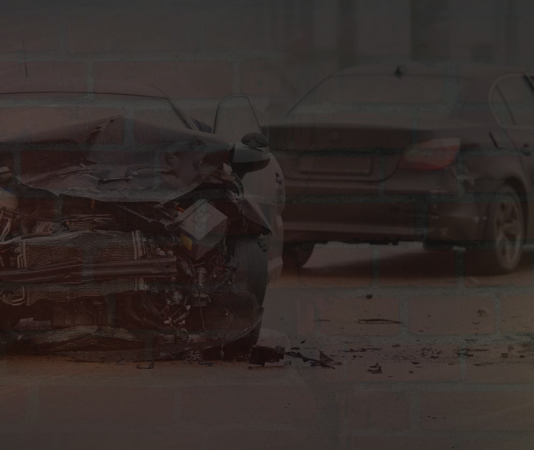Car accidents are often sudden, traumatic events that can leave a lasting emotional impact on those involved. While physical injuries are readily apparent, the emotional aftermath is frequently overlooked despite its profound toll on individuals.
THE IMMEDIATE EMOTIONAL RESPONSE
SHOCK AND DISBELIEF
In the moments immediately following a car accident, shock, and disbelief are common emotional reactions. The suddenness of the event and the rush of adrenaline can temporarily mask physical pain but also create a sense of unreality.
ANXIETY AND FEAR
Anxiety and fear often follow as survivors grapple with the realization of what has happened. Anxiety can manifest as racing thoughts, restlessness, and heightened alertness to potential dangers.
THE LINGERING EMOTIONAL TOLL
POST-TRAUMATIC STRESS DISORDER (PTSD)
For some car accident survivors, the emotional impact endures long after the physical injuries heal. PTSD can develop, leading to intrusive memories, flashbacks, nightmares, and severe anxiety. The sound of screeching tires or a car horn can trigger debilitating panic attacks, making even routine activities challenging.
DEPRESSION AND GRIEF
Car accidents can result in profound losses, from physical injuries to the loss of a loved one. Survivors may experience deep sadness, grief, and depression as they mourn their losses and adapt to life-changing circumstances.
COPING STRATEGIES FOR EMOTIONAL RECOVERY
SEEK PROFESSIONAL HELP
If you’re struggling to cope with the emotional aftermath of a car accident, it’s essential to seek help from a mental health professional. Therapists and counselors can provide valuable support and evidence-based treatments like cognitive-behavioral therapy (CBT) to address anxiety, PTSD, and depression.
CONNECT WITH SUPPORT GROUPS
Support groups can be incredibly beneficial for car accident survivors. Sharing experiences with others who have faced similar challenges can reduce feelings of isolation and provide a sense of community.
PRACTICE MINDFULNESS AND RELAXATION TECHNIQUES
Mindfulness meditation, deep breathing exercises, and progressive muscle relaxation can help alleviate anxiety and stress. These techniques promote emotional resilience and can be incorporated into daily routines.
COMMUNICATE WITH LOVED ONES
Open and honest communication with loved ones is crucial. Sharing your feelings and experiences can strengthen your support network and help others understand your needs.
RESOURCES FOR EMOTIONAL RECOVERY
CRISIS HOTLINES
National crisis hotlines, such as the 988 Suicide and Crisis Lifeline (text or call 988), are available 24/7 for individuals in distress. These services offer immediate support and resources for emotional crises.
MENTAL HEALTH SERVICES
Many communities offer mental health services through local clinics or organizations. These services often include therapy, counseling, and psychiatric care.
ONLINE RESOURCES
Numerous online resources and forums are dedicated to car accident survivors and individuals dealing with emotional trauma. These platforms provide information, advice, and connections to others who have experienced similar challenges.
THE IMPORTANCE OF HOLISTIC HEALING
Recognizing and addressing the emotional impact of car accidents is essential for a complete and sustainable recovery. Physical injuries may heal with time, but emotional wounds can linger and affect an individual’s overall well-being. By prioritizing emotional recovery through professional help, support networks, and coping strategies, survivors can work toward resilience and regain control over their lives. Healing is a holistic process that encompasses both the body and the mind, and acknowledging and seeking help for emotional trauma is a vital step toward a brighter, more hopeful future.
Don’t let the trauma of a car accident keep you from seeking the compensation you deserve. Contact Jamie Casino Injury Attorneys today at (912) 809-5335 to begin your path to justice.

